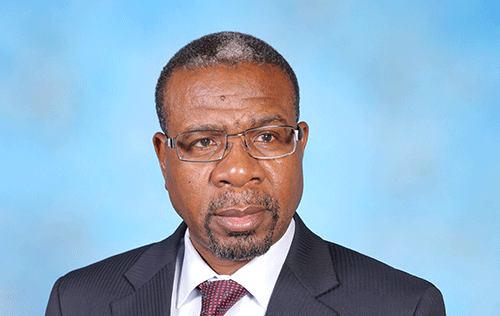Kongalend financial services, a Namibian development finance institution, announced its name change to Konga Microfinance. The suffix “lend” in the previous name “Kongalend” confined the company’s business to lending only, and this is not the mandate the company aspires to restrict its future business to.
Trading as Kongalend for the past 14 years, the company provided productive finance to the micro, small and medium enterprises (MSME) sector, off-grid households and farmers to invest in green energy technologies to light up their homes, energise their daily lives and to pump water with PVP pumps from underground boreholes to the tune of N$285 million in loans, impacting more than 25 000 direct loan customers.
Konga Microfinance founder Tshoombe Ndadi said as a development-oriented financial institution, the company is now embracing a holistic concept of a broader financial services provider, consistent with best microfinance practice globally, which includes the provision of not only credit, but also micro-insurance, and with regulatory permissions, deposit mobilisation, transactional accounts, mobile money transfers and financial literacy.
“Our refined logo in Konga
Microfinance is not just a mere display of new colourful attire, but it amplifies our resolute commitment to continue to play a part in the development equation, without mission drift. Konga Microfinance excels
to be a catalyst for much-needed development capital to avail access to productive finance by the multitude of self-employed women and youth micro-entrepreneurs who make up 90% of our customer base,” noted Ndadi.
He added: “Konga Microfinance will contribute to this course by focusing on value chain financing to ensure the inclusion of smallholder farmers in modern value chains in the horticulture as well as in the biomass value chain”.
Ndadi pointed to the current failed
rainy season, which he said will put
pressure on the already struggling agricultural sector due to poor grazing conditions. “We are confident that these measures, however small, will contribute to the enhancement of small-scale farmers’ climate resilience, and generate income from the land through diversified agricultural activities.”
The aim of microfinance is not just about providing productive finance to the low-income members of society on an individual level, but it also has a role to play at an institutional level. It seeks to create sustainable institutions which
deliver financial services to low-income segments of society who are often considered as high risk by the conventional banking sector, he observed.
“As we embark on this transformational journey, we remain committed to our mission and values which underpin our operations, and are geared to stay the course, being a permanent feature of the Namibian financial landscape,” stated the business guru.



